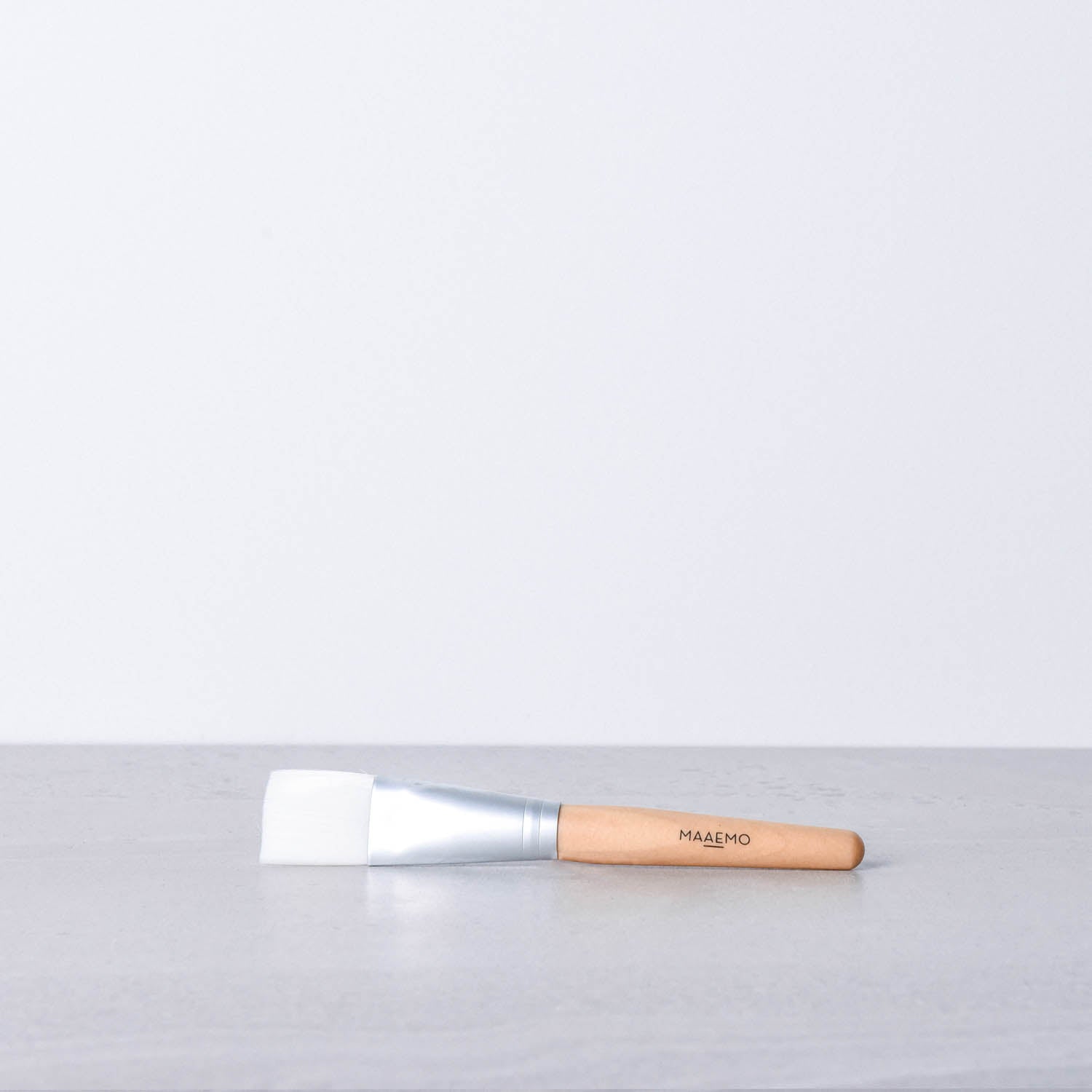The role of the Gut
Our gut is an incredible ecosystem! It is home to trillions of bacterial cells (both good and bad) that contribute to our overall health and wellbeing. These days, our gut is even being referred to as our ‘second-brain’, which shows just how important it is to how we as humans function on a daily basis.
Not surprisingly; and with that in mind - the world has now become gut-obsessed, and who can blame us?!
With the drastic increase in information about our ‘gut’ stuck deep within all crevices of the online space, it is still really important to understand that the research around the role of our gut on our overall health is still in its infancy (i.e - it’s a very new area of study). However, what we can be certain of, is that if we consciously nurture and nourish the beneficial bacterial cells that reside in our gut through a number of different lifestyle factors, it can positively affect our energy levels, sleep quality, risk of chronic disease, immune health, mood and interestingly, our skin!
Gut Health and Skin, What’s the Link?
The appearance of our skin is strongly influenced by a number of factors, most typically our genetics, hormones, medical history, environment, skincare regime (of course) and, what we are going to deep dive into today; the overall quality of our diet and its effect on our gut.
Throughout this blog, we aren’t going to fully immerse ourselves in the types of foods and nutrients that we should be eating for healthy skin, more-so we are going to examine how exactly the health of our gut can positively or negatively affect the quality of our skin. Let’s go!
Psssst, it turns out that taking care of your gut may assist you in overcoming some of your deepest skin concerns!
Absorption
For context, the role of the gut is to digest and absorb nutrients from the food we eat, and to eliminate waste (yep, do a poo). If you thought you could get through a Dietitian’s blog without discussing poo, you thought wrong my friend.
Effective digestion occurs when your body is able to absorb and retain the maximum amount of nutrients possible from the food you eat.
Let’s take a look at Vitamin C as an example; a potent antioxidant that most of us know plays an imperative role in the appearance of our skin. If we eat a food source rich in Vitamin C such as kiwi fruit or strawberries, a healthy gut will be able to absorb as much of that Vitamin C as possible which means it will have a greater impact on the health of our skin. A not-so healthy gut, or one that has impaired digestion for whatever reason, will not be able to absorb enough nutrients and will therefore have less of an effect on your skin. Make sense?
So, how do you know if your gut is functioning optimally?
- Your bathroom habits are normal for you - e.g you go to the toilet regularly.
- You don’t suffer from debilitating or prolonged bloating, gas or abdominal cramps.
- You’ve had a nutritional blood examination (blood test) which depicts your vitamins and minerals are within normal ranges.
Dysbiosis
As fancy as this term sounds, dysbiosis really just means an imbalance of bacteria in the gut - or put more simply, a less ideal ratio of good bacteria to bad bacteria. Dysbiosis can occur from a diet high in refined foods, smoking, stress and environmental factors. Imbalances in bacteria can again inhibit the gut’s ability to absorb nutrients effectively and may negatively affect how supple and glowy our skin appears.
Immune Health
Surprisingly, 70% of our immune cells are also located in the gut. Given that statistic, this means that the health of our gut can contribute to the strength of our immune system and our risk of experiencing skin issues associated with poor immune health.
Inflammation
Off the back of that last statement, an inflammatory response occurs in our bodies when our immune system is working hard to fight off unwanted pathogens. If our immune health is compromised due to the health of our gut, our bodies may be more susceptible to total body inflammation and associated skin conditions such as eczema, dermatitis and psoriasis to name a few.
Elimination
Last, but certainly not least, let’s talk about the dirty stuff (quite literally!). Each time we use our bowels, we are ridding the body of water, fibre (undigested plant foods), nutrients, substrates and bacteria. It sounds like a complicated concoction of waste products, which it is - but essentially our system is just removing anything it isn’t utilising. If our elimination process is too regular or not regular enough, this can affect our digestion, absorption, immune health, inflammation and therefore, negatively affect our skin. Everybody’s bowel habits are unique to them, so what's normal for you might not be normal for someone else. Consistency is key, so do keep your eye out for sporadic changes in your toileting routine as this may indicate a problem in your gut that may impact your skin too!
Stay tuned for more blogs on the type of foods and nutrients you should be eating for a healthy gut and glowing skin.
Written by Millie Padula @thedietitionedition- Accredited Practising Dietitian
If you would like individualized advice on how to optimise your gut health for glowing skin, please seek guidance from an Accredited Practising Dietitian.










